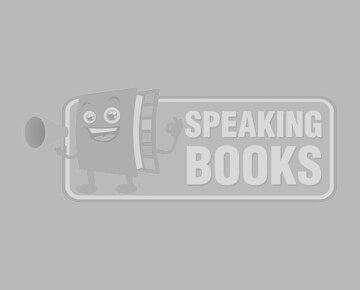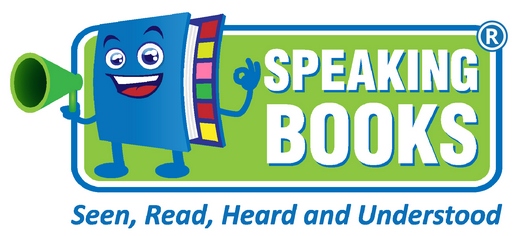Library Week Helps South Africans with Low Literacy

Library Week Helps South Africans with Low Literacy
From the 17th to the 23rd March 2014 is South African Library Week (SALW). The theme this year is “Educate Yourself at your library.” What a perfect and applicable time to talk about the innovative Speaking Books – which focus on making health education available to low literacy communities, and support initiatives that encourages improving reading skills across South Africa.
Libraries enshrine the right to freedom of access to information, connect people, and develop communities. The Speaking Books are an innovative educational tool used to allow even the most remote or illiterate communities the right of access to health care information. Through the NGO, The South African Depression and Anxiety Group (SADAG), Speaking Books have been developed on a wide-range of topics – including teen suicide prevention, TB medication compliance and saying No to substance abuse and drugs. “Not only do we work closely with communities with these books to share life-saving information, we also donate Speaking Books to school libraries”, says SADAG and Speaking Book founder Zane Wilson.
According to global research, one in five adults cannot read or write. This level of illiteracy makes the library a scary place and a place of exclusion for many. The Speaking Books are designed to overcome the challenges associated with illiteracy, to distribute knowledge to all people regardless of levels of literacy, and to be accessible to all population groups. These hard-covered, brightly illustrated books speak to their readers. Illiteracy traps entire families behind walls of fear, shame and ignorance. Socialising with others, isolation, and the inability to gain and retain crucial health information can jeopardize children’s future success, and without good reading or comprehension skills, parents cannot advocate effectively for their children.
One unexpected by-product of these books is an increase in reading ability. “We have designed a Speaking Book, together with USAID, specifically for Grade One learners to teach them – and their caregivers – to read”, says Wilson. Teaching children to read the alphabet is the start of their education. Many children don’t have parents who can read and write, or who can only do so in a limited way, which means that for many children, their initial instruction into reading may be flawed, inaccurate, and inconsistent. The Speaking Book for teaching reading of the alphabet will revolutionize how children learn – through creativity, phonics, recognition and articulation in one easy-to-use, durable book. The Book allows parents to learn along with their children – empowering them and encouraging their children to learn to read and write.
Reading Shakespeare, medical textbooks, even People magazine starts with reading and recognising the A,B,C.- and all are available at a library. Libraries are a critical foundation for a country’s literacy, awareness and future. We at SADAG and the Speaking Books fully support our national libraries and hope they will become a more integral part of all our lives.
SA – The Good News via SAPA
